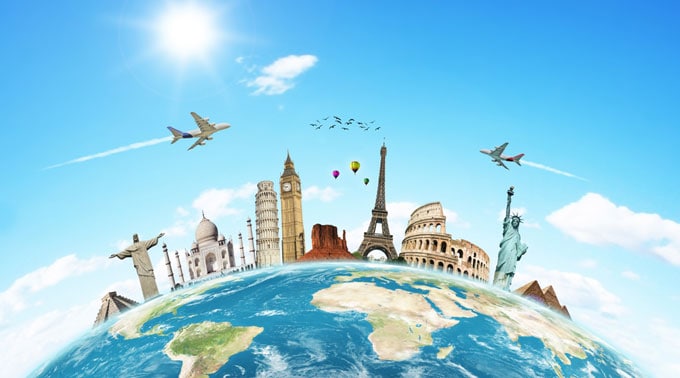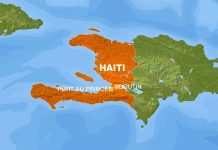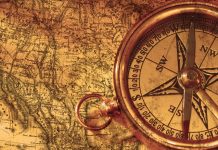This article explores the word “travel” and works to understand “its definitions and meanings”. Like with many words “travel” has grown and developed over time and no doubt will continue to subtly change as the English language ebbs and flows in the future. Plurals are spelled differently for travel in English to American English, in this article English has been used as the default. According to the Free Dictionary http://www.thefreedictionary.com/travel, travel is: “The act or process of traveling; movement or passage from one place to another.”
The word “travel” originated some time ago from the French word “travail”. There are a number of recognised plurals for the word travel, these include travels, travelling, travelled and traveller amongst others.
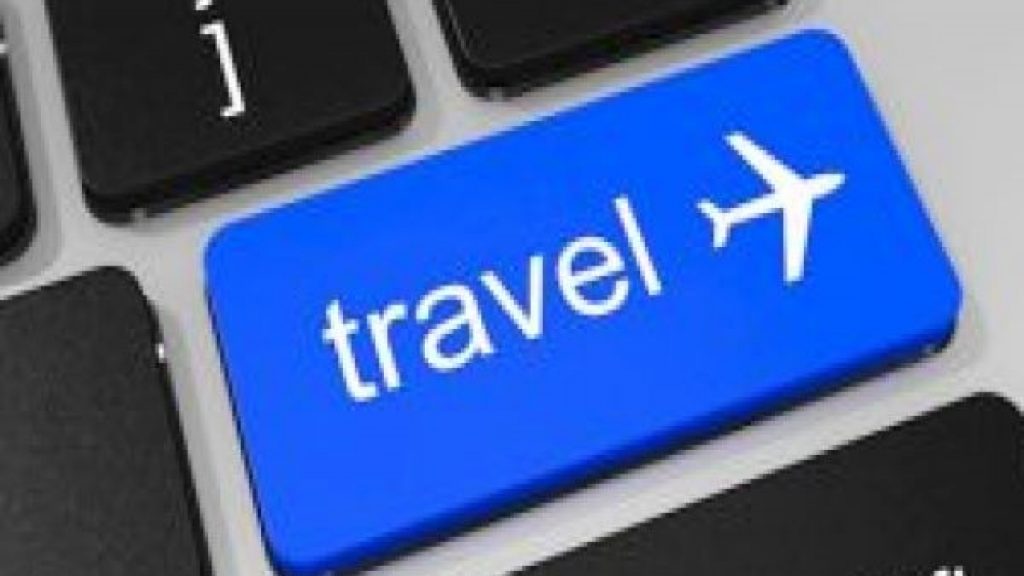
One of the most popular interpretations of the word “travel” is vacationing and holidays. The “travel industry” is synonymous with the world of tourism, holidays and vacations. In this context the word “travel” means to journey afar to a new destination for recreation/fun.
Another popular interpretation of the word “travel” is for business. The business traveller or business travel are synonymous with the use of travel to achieve business goals and objectives. A person who travels to conduct business.
Most often people think of travel is people but it doesn’t have to be just people. Travel can also refer to modes of transport such as cars, lorries, trains, ships, planes and other forms of transport. Examples being the car travelled from London to Newcastle or the train travelled from New York to Boston.
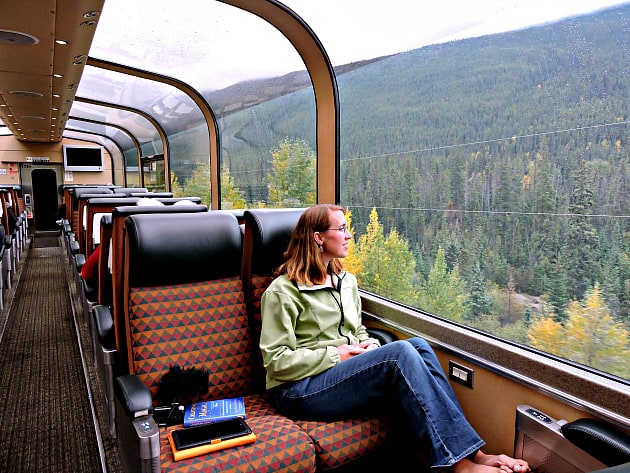
Travel is often used in front of other words to describe travel related terms. Words can be added, e.g. “travel agent”, “travel bag”, “travel company”, “travel documents”, “travel insurance”, “travel news”, “travel video”, etc
Interestingly the plural for travel is spelled with one “L” in American English and two “L’s” in the UK. A couple of examples being travelled/travelled and traveler/traveller.
The term travel can also be applied to light and sound. For example the light travelled across the room or the sound of the fans cheering travelled across the stadium.

In sport the word travel can be applied to indicate at speed. For example in Golf, “the golf ball travelled with ease for 300 yards”, or in Soccer, “the ball was still travelling at pace as it hit the back of the net!”
The plural “travels” can be used as term to document somebody’s experiences. Many popular books have been published such as “Gulliver’s Travels”, “The travels of Marco Polo” and “Jupiter’s travels”. There are literally hundreds of book titles with the word “travel” included.
The photo above shows the title to a popular film “Gulliver’s Travels”.
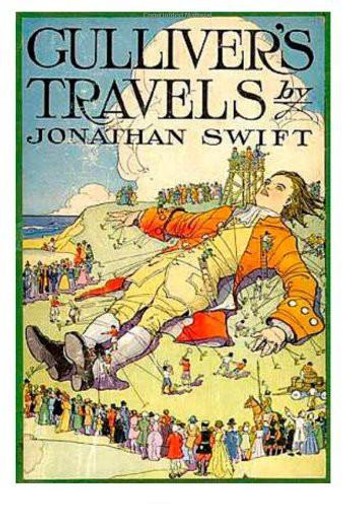
For those of you who like science fiction, the words “time travel” will spring to mind. This is the concept of being able to move backward and forward in time.TV Series such as Quantum Leap and Doctor Who feature time travel as do popular Hollywood movies such as “Back to the Future”.
Travel videos are also incredibly popular; they provide viewers with a guide to what other places in the world may be like to visit. There are literally thousands of titles to choose from.
One can conclude having read through this article that the word “travel” is polysemic, i.e. it has a number of interpretations, explanations, meanings and understandings. This has been only a brief guide about “What is travel”? there are lots more uses of the word and as the English language evolves so will use of the word.


